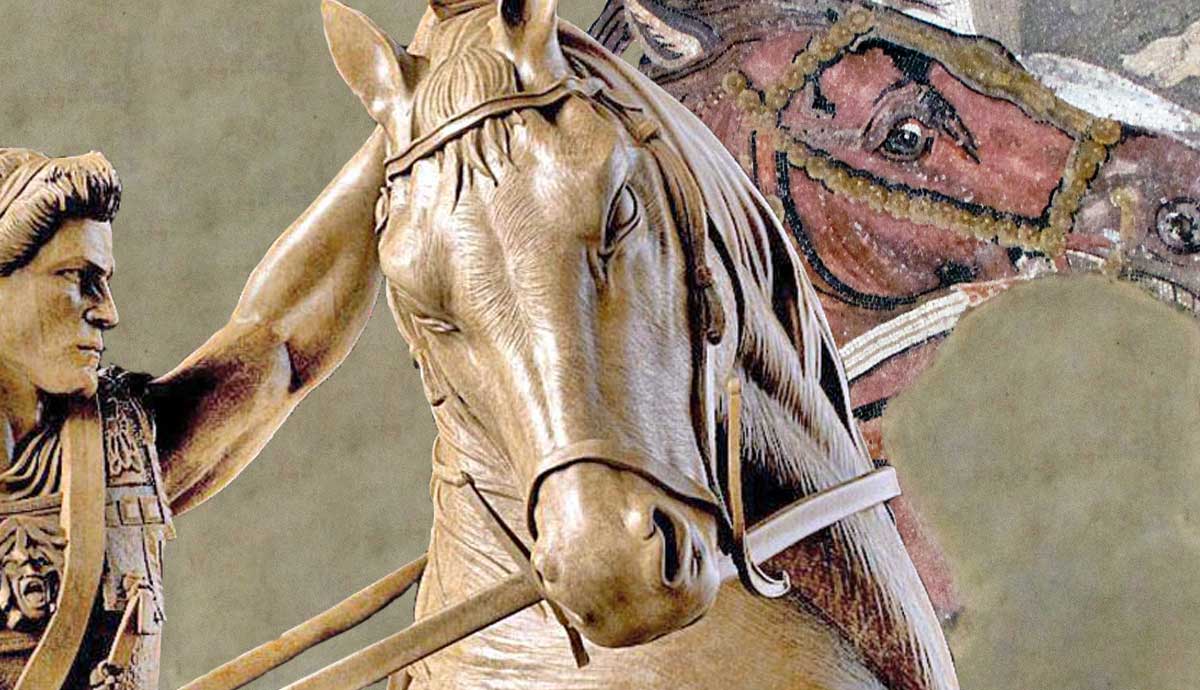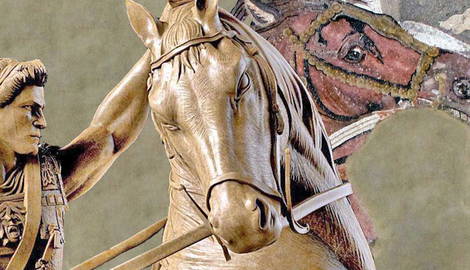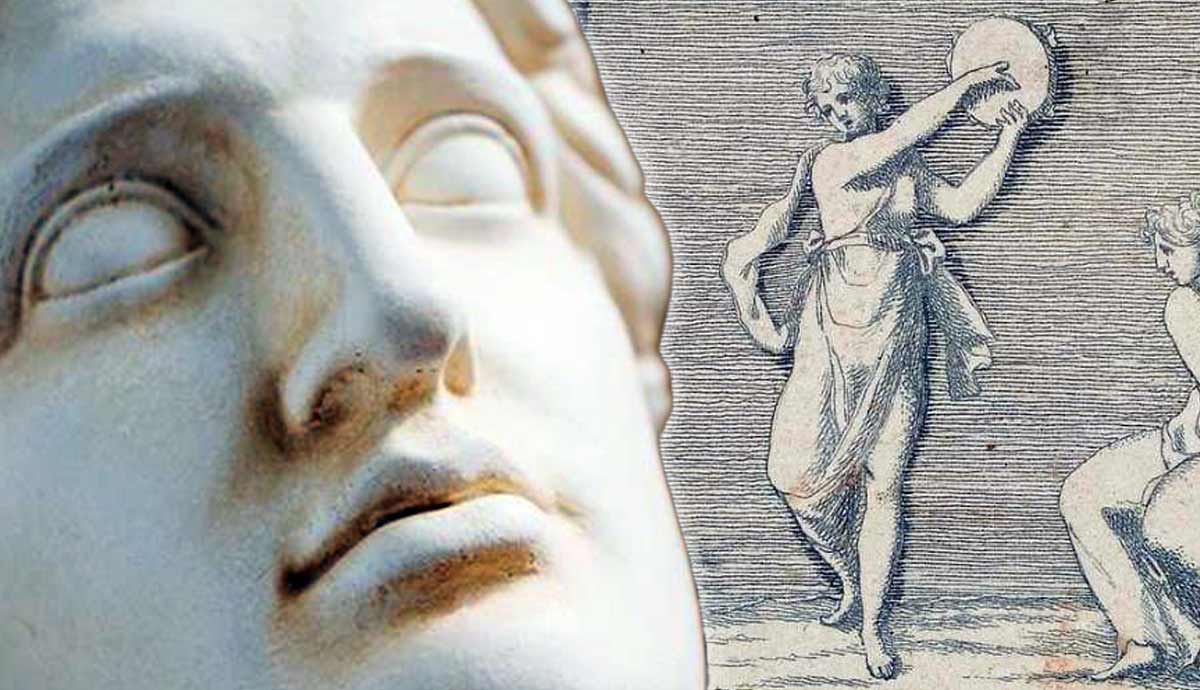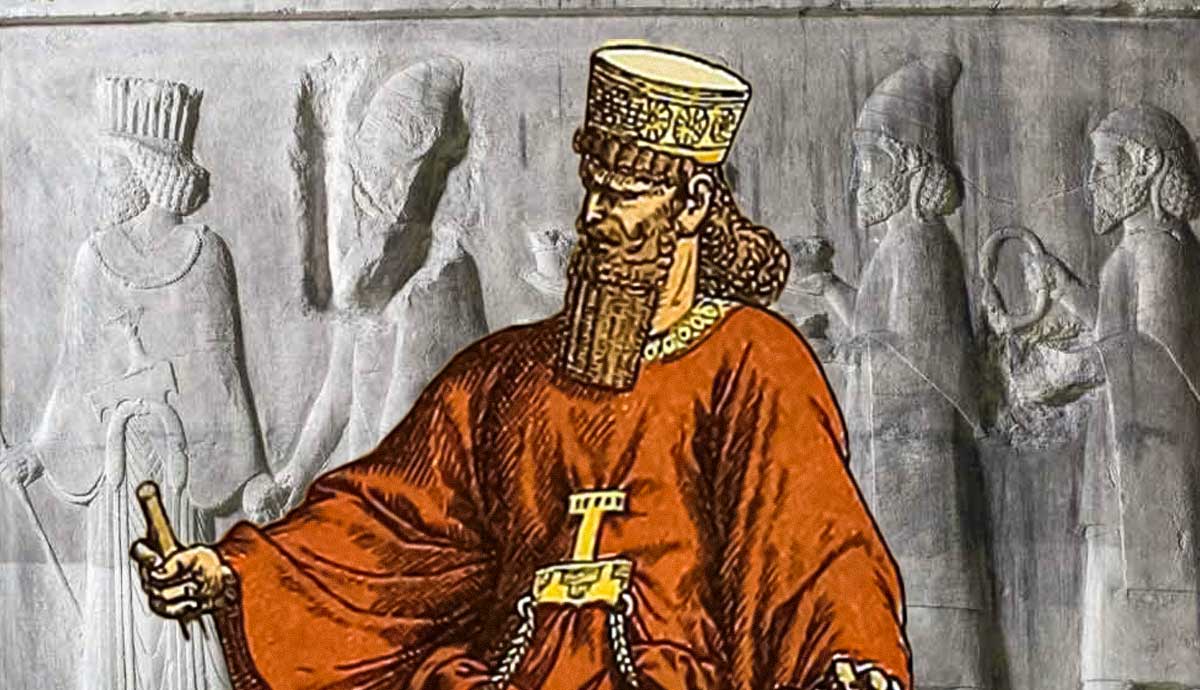
summary
- Bucephalus was Alexander the Great’s untameable horse, a loyal companion through campaigns.
- Presented to his father Philip, Alexander impressed his father by taming the horse, which was frightened of his own shadow, and received it as a gift.
- The horse accompanied Alexander in every battle, symbolizing his military prowess and leadership.
- After Bucephalus’ death, Alexander founded a city, Bucephala, in his honor.
Bucephalus is undoubtedly one of the most famous horses in history. After Alexander the Great tamed the horse, the two became inseparable, with Bucephalus accompanying Alexander on his legendary Persian campaign, carrying his master into the battle and sharing his victories. Bucephalus’ death in India deeply affected Alexander, marking the limit of the campaign. To honor his beloved companion, Alexander named a city after Bucephalus. The story of Alexander and Bucephalus is more than a story between an iconic historical figure and his horse. It is also a testament to Alexander’s greatness, foreshadowing his future as a leader and conqueror.
Bucephalus Was Impossible to Tame

The story of how Alexander tamed Bucephalus is as iconic as the story of Alexander’s Persian campaign. Bucephalus was presented to King Phillip II of Macedon, Alexander’s father, in 344 BCE by Philonicus of Thessaly. According to Plutarch’s detailed account, Bucephalus was an expensive horse, costing 13 talents, three times more than the regular Macedonian steed. Described as a beast of a horse with a massive head (Boukephalas means ox’s head), the horse had a large white star on its forehead. He also had a wild temperament and was deemed untameable. Thus, Phillip decided not to buy the horse. But not everyone was of the same opinion.
The Alexander Romance tells a different story, suggesting that the cost was raised on Philip’s own estate and that his attributes surpassed those of Pegasus. The fanciful novel, originally composed sometime in the 4th century CE, also suggested that the Delphic Oracle advised Philip that the king of the world would be the one who rides Bucephalus, a horse with an ox’s head on his haunches.
Alexander the Great Tamed Bucephalus

The king ordered the horse to be taken away, but his 12-year-old son, Alexander, intervened, wagering that he could mount the fierce beast. Phillip, amused by his son’s naivety, agreed. Famously, Alexander realized that Bucephalus was frightened by his own shadow. He spoke calmly to the horse and gently turned his head toward the sun. He was able to mount Bucephalus. Philip was so impressed and declared that Alexander would secure for himself a large kingdom, as Macedonia was too small for him. While this proclamation could be a later invention, we know that Phillip gifted the horse to Alexander.
Thus, Bucephalus’ fate became linked with that of his master, the legendary conqueror. Bucephalus was essentially a mirror image of Alexander the Great. Legend says that Alexander and Bucephalus were both born on the same day, and the moment they met changed the flow of history.
He Accompanied Alexander on His Campaign

Bucephalus was more than a horse; he was a symbol of Alexander’s military prowess and leadership. He was always at his master’s side, sharing the glory of his victories. Only Alexander could ride him, and indeed he did, into every battle from the conquest of the Greek city states to the now iconic battles of Gaugamela and Issus, all the way to India, the end of the known world. Bucephalus’ presence on the battlefield was a morale booster for the soldiers, as Alexander’s brave war horse was a key figure in Alexander’s army, embodying the spirit and discipline of the Macedonian cavalry.
According to an anecdote, shortly after the final defeat of Persian king Darius III, Bucephalus was kidnapped while Alexander was away. Upon returning and finding his beloved horse missing, Alexander promised to fell every tree, lay the countryside to waste, and slaughter every inhabitant unless Bucephalus was brought back. The horse was promptly returned along with a plea of mercy.

By placing such great value on Bucephalus, Alexander was also imitating his supposed ancestor Achilles, of Trojan War fame, whom Alexander also aspired to surpass in heroism. Achilles was known to have had horses that surpassed all others, as the god of the sea and horses, Poseidon, gave them to Achilles’ father, Peleus.
Alexander Founded a City in Bucephalus’ Honor

The bond between the man and horse was so profound that Bucephalus’ death deeply affected Alexander. Bucephalus died in 326 BCE, shortly after the Battle of Hydaspes, likely due to wounds or old age. The faithful steed was by that point around 30 years old, a long but believable lifespan for a horse, and the same age as its rider. Alexander’s grief was so immense that he gave his companion a royal funeral. Reportedly, the conqueror wept openly at the sight of Bucephalus’ lifeless body.
To honor his heroic horse, Alexander the Great founded a city on the banks of the Hydaspes River, naming it Alexandria Boukephala. Boukephala seems to have outlived both Bucephalus and his master, being mentioned by Pliny the Elder and Ptolemy, and appearing in the 4th-century CE Tabula Peutingeriana map.

Alexander would later name another city after his favorite dog, Peritas, who also accompanied him on his military campaigns. He was also supposedly an extraordinary animal, said to have attacked and beaten a lion and an elephant. The city named for Peritas was probably somewhere in modern Pakistan, not far from Boukephala.
The Horse Became a Legend

Only three years later, Alexander the Great would follow Bucephalus, dying in Babylon, leaving his vast empire and, more importantly, the Hellenistic world as his lasting legacy. Thus, it is unsurprising that, like his master, Bucephalus became a legend. The horse became the subject of literature and art, including the most famous of them: the monumental “Alexander Mosaic,” uncovered at the Roman site of Pompeii. Bucephalus also became a model for other famous horses, such as Julius Caesar’s famous polydactyl horse or Napoleon’s warhorse Marengo.

Thus, from a wild beast to a most loyal royal companion, Bucephalus reminds us of his master’s achievements and legacy, gaining the well-deserved immortality and the status of a legendary horse and companion.










